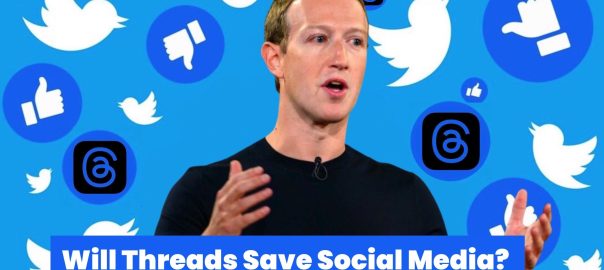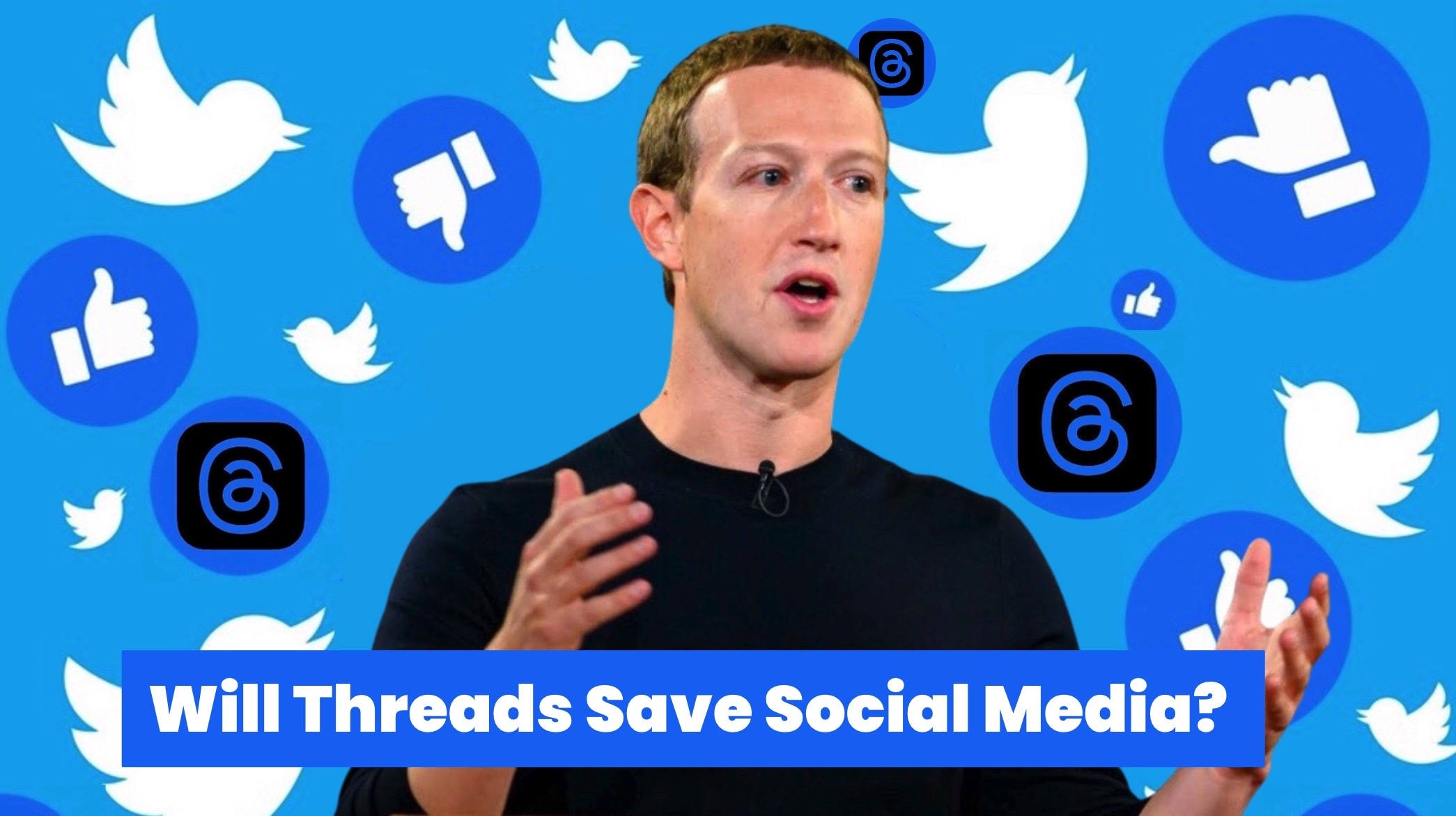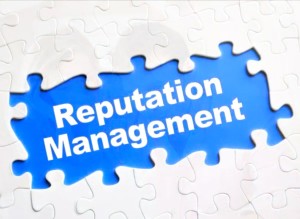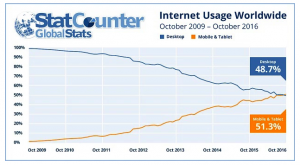Will Threads Save Social Media?
After months and months of Elon Musk hacking away at Twitter, there’s a new circus in town — and the headlines have been deliriously happy.
“Meta Launches World-Changing New Social App – just like Twitter, but without Musk!” writes some random blogger whose name I can’t remember.
But wait, not so fast. Because as it turns out, the “new” platform is very much like the old one, and Meta’s core premise remains. It wasn’t very long ago that Frances Haugen revealed with painful detail that Meta trades users’ privacy for dirty ad dollars. And, as Steven Levy wrote in Wired just last month: “Zuckerberg did respond to Haugen’s accusations, though not naming her, after her ‘60 Minutes’ appearance, saying that she painted ‘a false picture’ of the company. ‘At the heart of these accusations is the idea that we prioritize profit over safety and well-being,’ he wrote in a Facebook post. ‘That’s just not true.’”
More than 70 million users have already joined Threads — but what does that really mean?
“Threads is simply another property in a global surveillance empire,” says Shoshana Zuboff, a Harvard professor, and author of “The Age of Surveillance Capitalism.”
At the core of the debate over the future of social media is one word: decentralization. Buried deep in Meta’s promises for the future of Threads is support of a standard called ActivityPub. ActivityPub — known as “the Fediverse”– is supported by Tumblr, Flipboard, Medium, Mozilla, and now an official WordPress plug-in for ActivityPub, which will enable the protocol for almost half the internet all at once.
So, if Meta comes through and supports a new, community-owned social infrastructure, the nature of the social web could change. But don’t hold your breath.
“It is most useful to evaluate new platforms based on the rubric of if this succeeds, who has more power, and who has less?” says internet OG and critical platform player Anil Dash. “The design goal here clearly seems to be to have the most boring answers there, rather than empowering anyone.”
And almost immediately Meta’s commitment to keep Threads “positive” found itself in the crosshairs of controversy-seeking political extremists.
“Threads has censorship baked into the app,” tweeted right-wing social media personality Ian Miles Cheong. “It is not a free speech platform.” Donald Trump’s son, Donald Trump Jr.’s account on Threads was flagged with a warning. “This was an error and shouldn’t have happened,” said Meta’s Andy Stone, replying to Trump. “It’s been fixed.”
So, the media buzz notwithstanding, the core issues at Facebook remain.
“Politics and hard news are inevitably going to show up on Threads — they have on Instagram as well to some extent — but we’re not going to do anything to encourage those verticals,” said Instagram boss Adam Mosseri. “The additional scrutiny, negativity, and integrity risks that come with politics and hard news aren’t worth the incremental engagement or revenue.”
So how do you think that engagement, or abolition of responsibility, is going to work out?
“If we don’t want Facebook to be the gatekeepers, the arbiters, I think the right answer is to say we don’t want them to have this much power,” said Mary Anne Franks, professor, University of Miami School of Law, speaking at “Free Speech in the Age of Social Media” at the Aspen Ideas Festival. “There is no reason to keep creating problems and then say ‘Oh. but who could possibly deal with this problem?’ Well, then stop creating it. If you’re saying that you can’t make that safe, then stop having billions of users. Facebook should shut itself down.”
(8)
Report Post









